In the realm of road construction, different countries face unique challenges and requirements regarding raw materials and project types. For instance, Thailand focuses on highway upgrades, Nigeria emphasizes rural road hardening, South Africa boasts a mature aggregate processing industry, while Sri Lanka relies on imports for some raw materials. To address these varying needs, asphalt mixing plants in these regions adapt through tailored equipment configurations and operational adjustments. This article explores how asphalt plants in Sri Lanka, Thailand, Nigeria, and South Africa cater to local conditions to enhance efficiency and effectiveness.
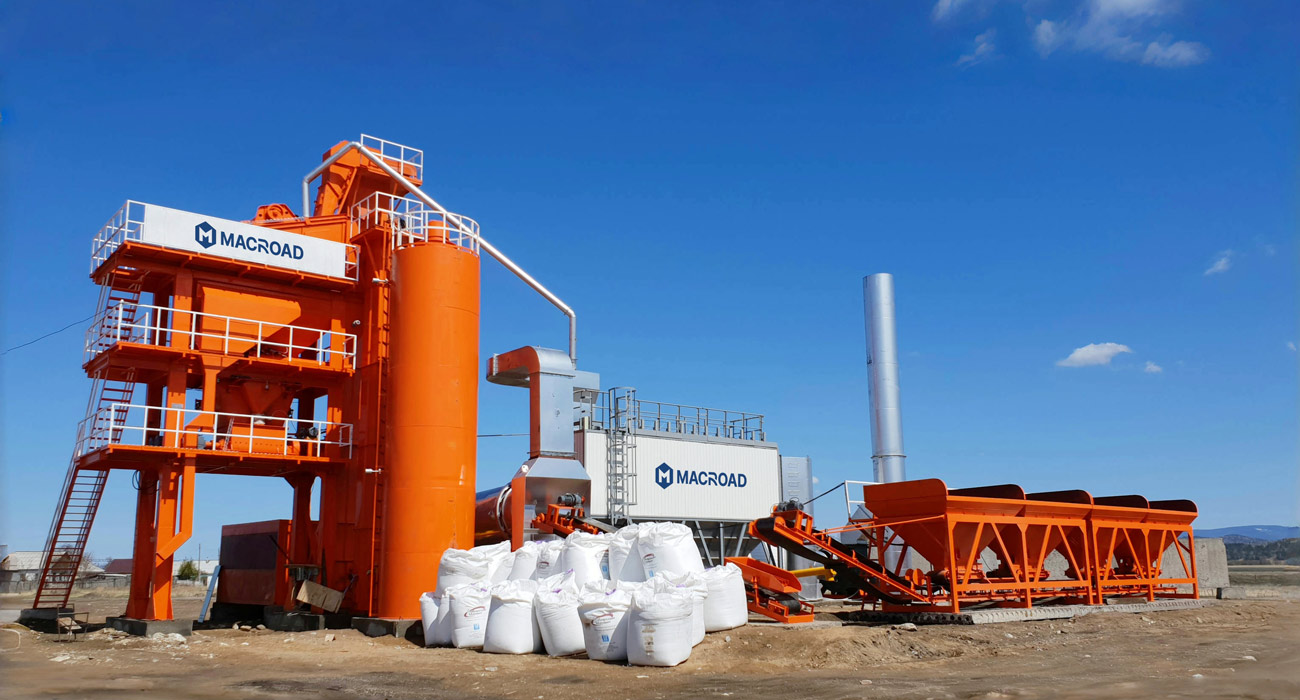
Tailoring Equipment for Thailand’s Highway Projects
In Thailand, where large-scale highway upgrades are a priority, the asphalt mixing plant Thailand typically features high-capacity fixed mixing plants equipped with advanced automated quality control systems. These systems ensure that the asphalt produced meets stringent quality standards, essential for the durability and safety of highways.
The high capacity of these asphalt mixing plant in Thailand allows for the continuous production of asphalt, catering to the demands of extensive highway projects. Additionally, automation minimizes human error and enhances consistency in the mixing process, crucial for maintaining the integrity of the road surface. This localized approach not only improves production efficiency but also aligns with Thailand’s infrastructure goals, making it easier to manage large volumes of materials and meet project timelines.
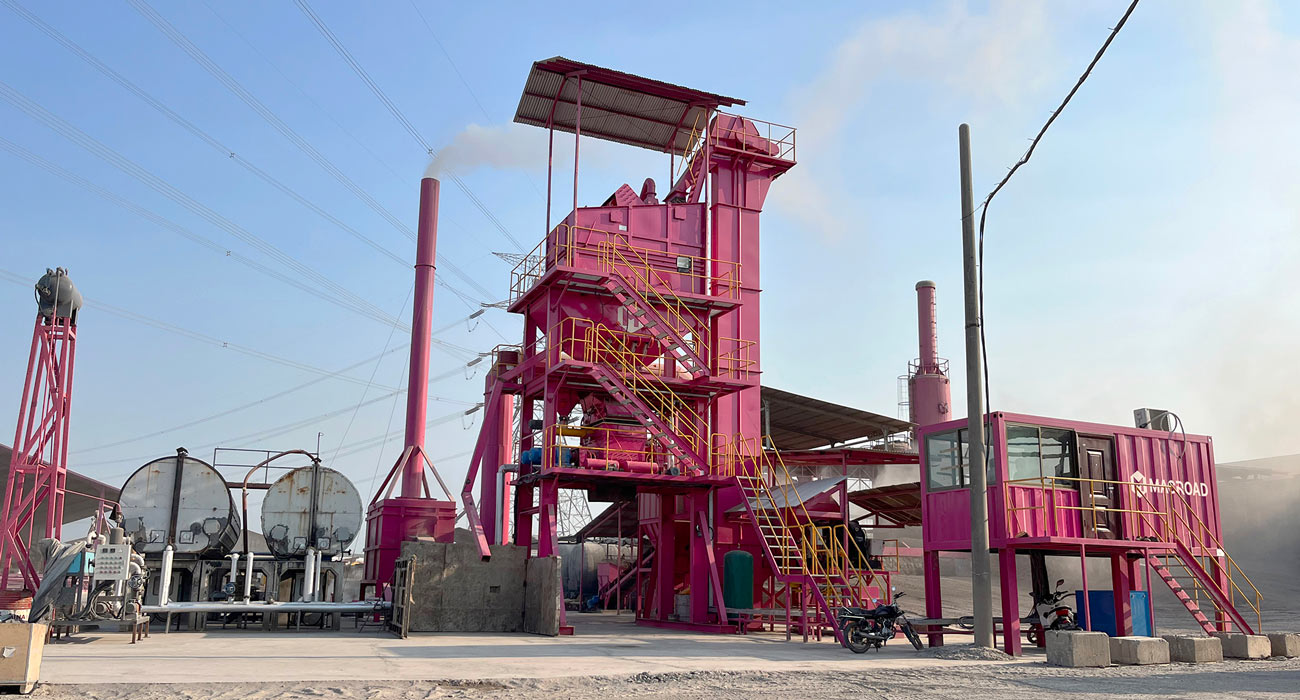
Modular Solutions for Nigeria’s Rural Road Needs
In contrast, Nigeria’s focus on enhancing rural road networks presents different challenges. The asphalt plant in Nigeria often opts for modular mobile mixing plants that can be easily relocated. This flexibility is vital for addressing the scattered and sometimes remote locations of rural road projects, helping to reduce transportation costs for raw materials.
These mobile plants can be set up quickly, allowing for swift responses to local construction needs. By minimizing transportation distances, contractors can lower logistics costs significantly, which is particularly beneficial in regions where road access may be limited. The modular design of asphalt plant in Nigeria also enables operators to adjust their production capacity based on specific project demands, making it an ideal solution for Nigeria’s diverse road construction landscape.
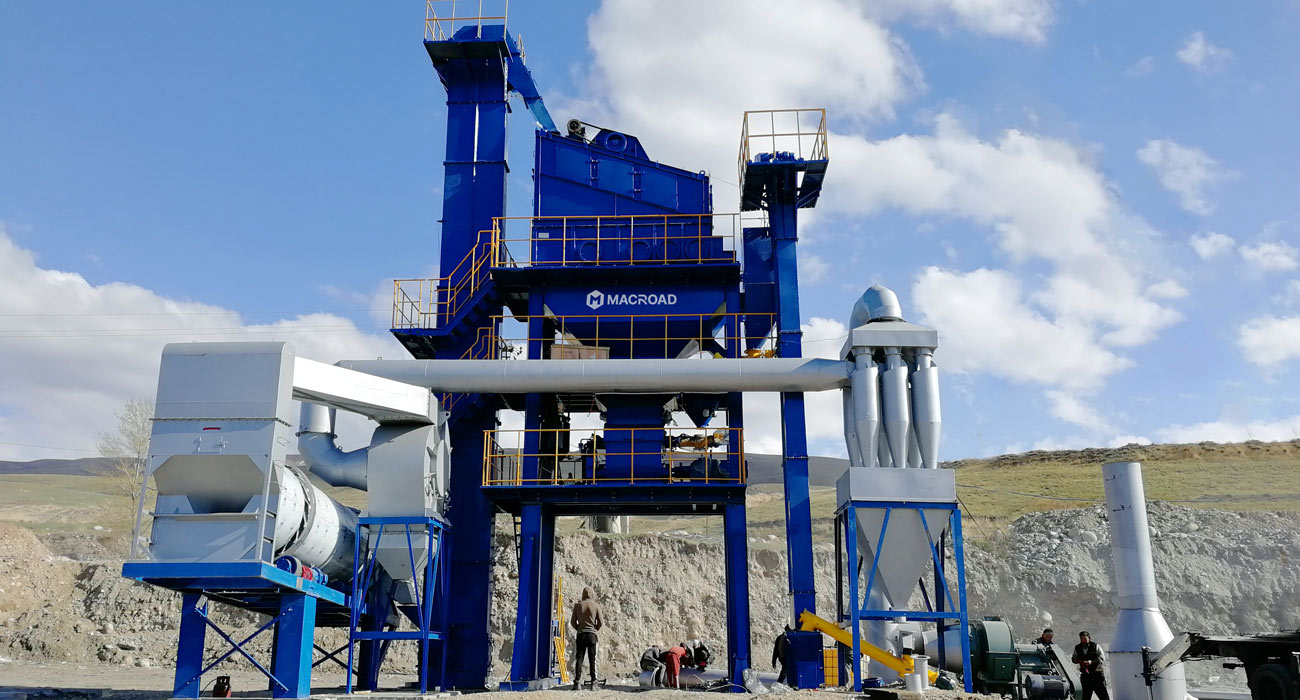
Optimizing Production in South Africa
South Africa’s mature aggregate processing industry provides a solid foundation for efficient asphalt production. The asphalt plant in South Africa optimizes its aggregate pretreatment module to enhance production efficiency. Given the abundant local supply of aggregates, these asphalt plants in South Africa can focus on improving the quality and preparation of raw materials, ensuring that they are ready for mixing.
By implementing advanced processing techniques, such as washing and screening, the plants can produce high-quality aggregates that contribute to the overall strength and durability of the asphalt. This focus on efficient resource utilization not only enhances production rates but also aligns with South Africa’s commitment to sustainable practices in construction.
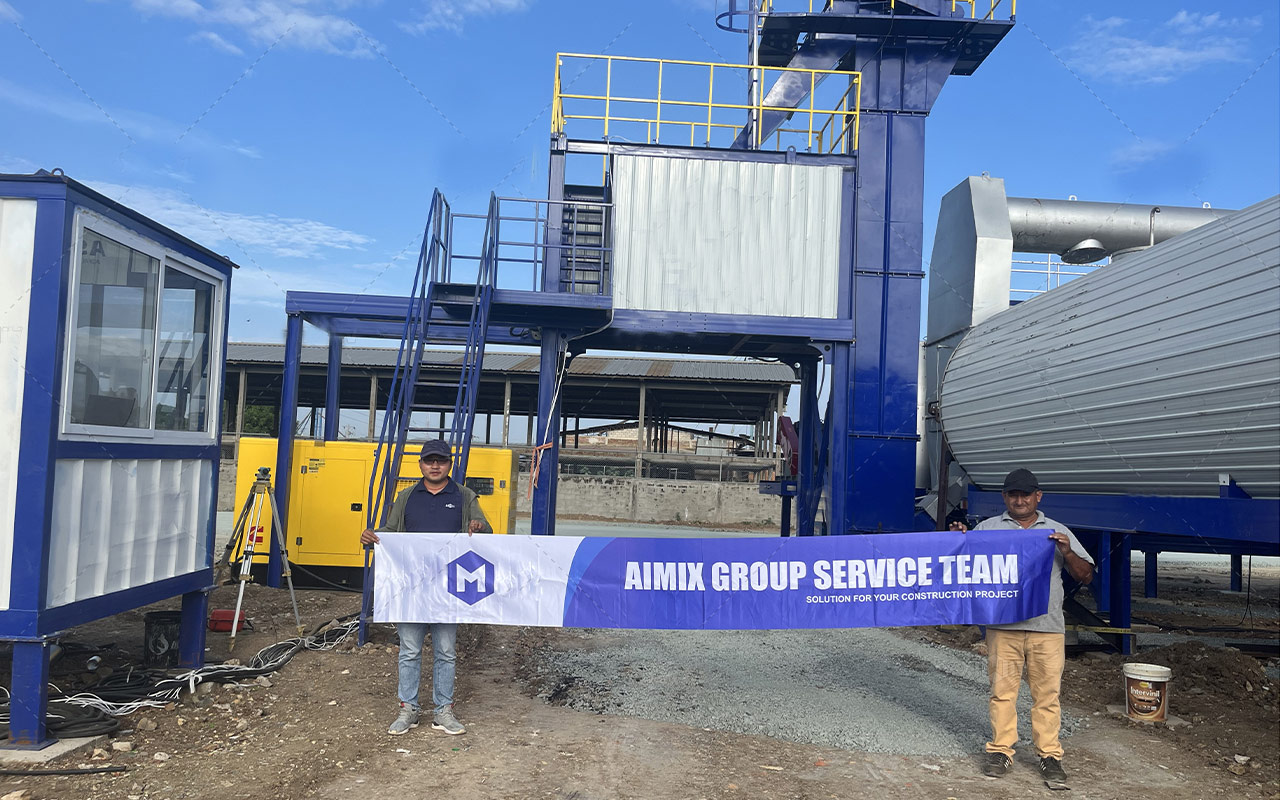
Addressing Import Reliance in Sri Lanka
In Sri Lanka, where the asphalt plant relies on imported raw materials, the configuration of the asphalt mixing plant is tailored to handle the unique challenges associated with batch fluctuations. A miniaturized raw material storage and testing system is crucial for managing the variability in quality and availability of imported materials.
This approach allows for better control over the mixing process, ensuring that the asphalt produced meets local specifications despite the challenges posed by imported raw materials. By adapting to these conditions, asphalt plants in Sri Lankan can maintain high production standards and minimize disruptions caused by supply chain fluctuations.
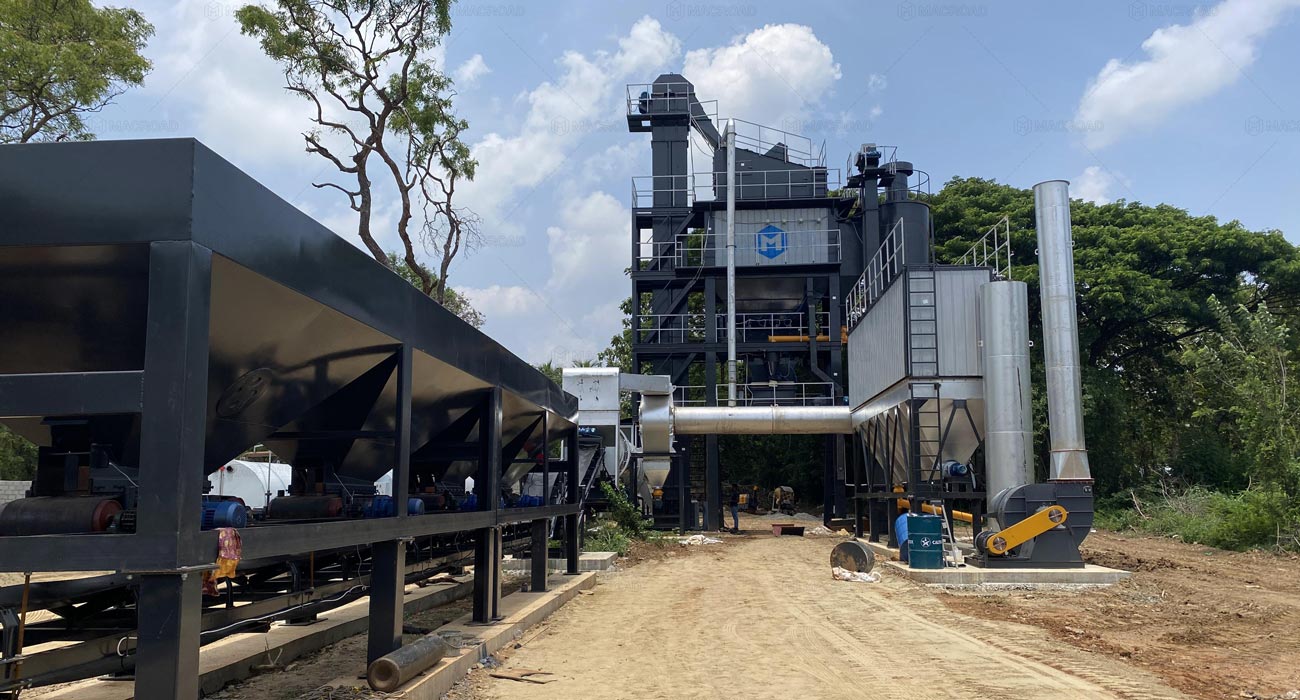
The Role of Localized Configuration Logic
The “localized” configuration logic plays a key role in enhancing the production efficiency, cost control, and adaptability of asphalt mixing plants. By tailoring equipment and operational strategies to meet local needs, these plants can effectively respond to specific challenges in each region.
When local operators select the type of mixing plant, they often balance equipment functions with local resource accessibility. This involves considering factors such as the availability of raw materials, transportation logistics, and the specific requirements of ongoing projects. By aligning equipment capabilities with local conditions, operators can optimize performance and maintain project timelines, ultimately leading to better outcomes in road construction.
In companies like Macroad, which focus on delivering innovative solutions for asphalt production, this localized approach not only enhances the overall quality of construction projects but also supports sustainable practices by maximizing local resources.
Conclusion
In conclusion, adapting asphalt mixing plants to meet regional needs is essential for successful road construction in diverse environments like Sri Lanka, Thailand, Nigeria, and South Africa. By tailoring equipment configurations and operational strategies, these plants can effectively address local challenges, enhance production efficiency, and ensure project success. This strategic alignment fosters improved quality and cost control, making it a vital consideration for asphalt producers aiming to thrive in today’s competitive construction landscape.